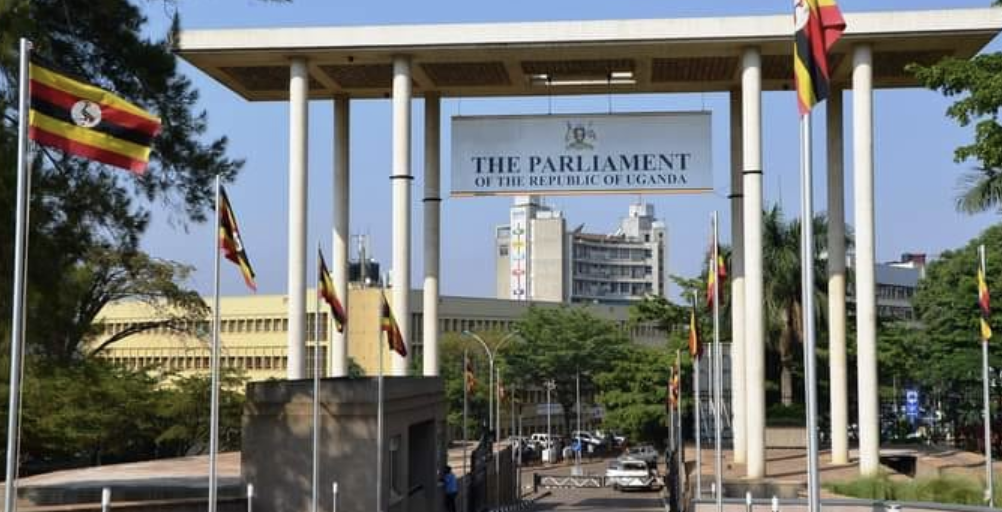In a recent development, the Speaker of the Ugandan Parliament has issued a directive barring opposition members who boycotted plenary sittings from attending committee sessions. This decision has sparked a debate about its legality and potential implications for the functioning of the legislature.
Legal Framework for Parliamentary Committees
The role of parliamentary committees is enshrined in Article 79 of the Constitution of Uganda. Committees are tasked with examining legislation, scrutinizing government policies, and overseeing the work of ministries and departments. They play a crucial role in ensuring transparency, accountability, and good governance.
The Rules of Procedure of the Parliament of Uganda further outline the composition and functions of committees. Rule 137 states that “all members of Parliament shall be members of at least one committee.” This rule is intended to ensure that all members of Parliament have the opportunity to participate in the legislative process and to hold the government accountable.
Speaker’s Directive and Legal Concerns
The Speaker’s directive to bar opposition members from committee sessions raises concerns about whether it is consistent with the Constitution and the Rules of Procedure. Article 79 (2) of the Constitution states that “Parliament shall ensure that the opposition is represented on all Committees of Parliament.” This provision suggests that the exclusion of opposition members from committees could be considered a violation of their constitutional rights.
Furthermore, Rule 137 of the Rules of Procedure does not provide for any exception to the requirement that all members of Parliament be members of at least one committee. The Speaker’s directive appears to create an ad hoc exception, which raises questions about its legitimacy.
Implications for Parliamentary Functioning
The decision to exclude opposition members from committee sessions could have significant implications for the functioning of the Parliament. Committees are the backbone of the legislative process, and their work is essential for ensuring that legislation is properly scrutinized and that the government is held accountable.
Without the participation of opposition members, committees may lack the diversity of perspectives and expertise necessary to carry out their duties effectively. This could lead to less rigorous scrutiny of legislation and weaker oversight of the government.
Conclusion
The Speaker’s directive to bar opposition members from committee sessions is a controversial decision with potentially far-reaching implications. It raises concerns about the constitutionality of the directive and its impact on the functioning of the Parliament. It is essential for the Parliament to carefully consider these concerns and ensure that its decisions are in line with the Constitution and the Rules of Procedure.
